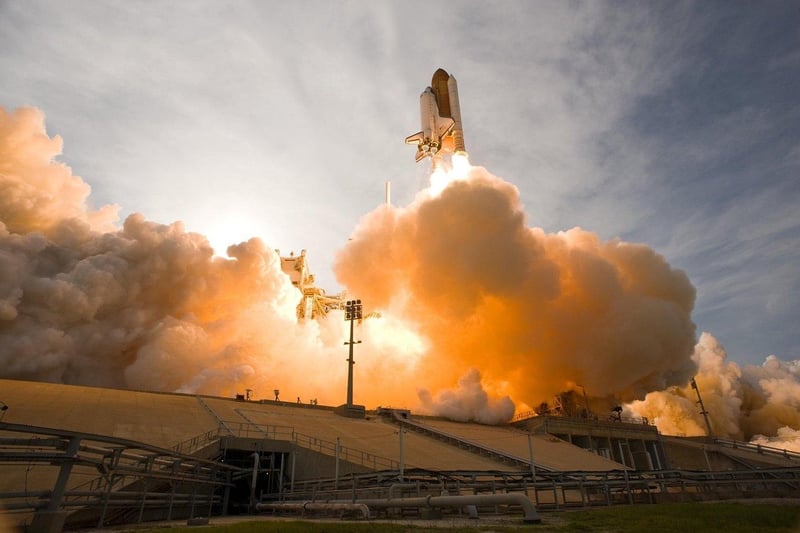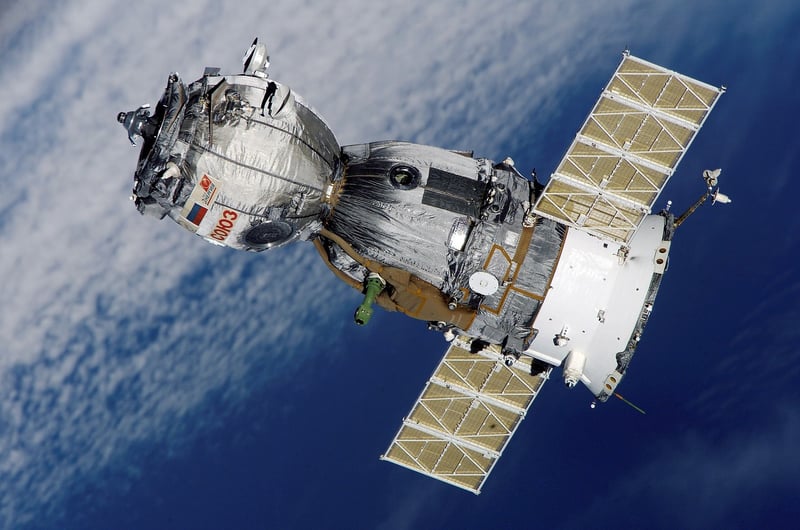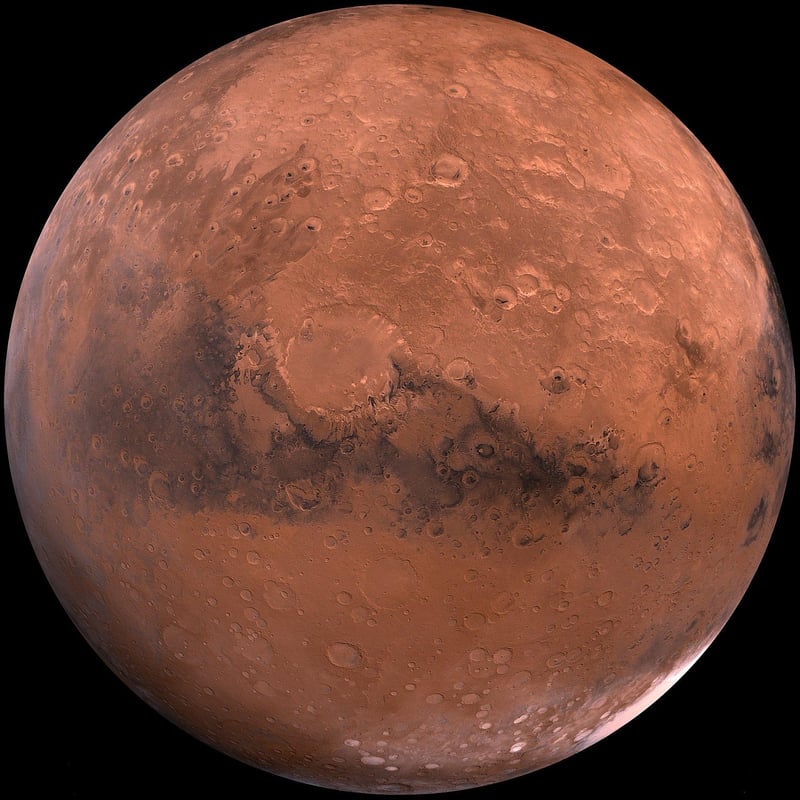Orbital Mechanics
The Future of Space Exploration: Innovations and Orbital Mechanics
Introduction to Space Exploration
Space exploration has always been a fascinating endeavor for humanity, pushing the boundaries of our understanding of the universe. With advancements in technology, we are now on the cusp of exciting innovations that are revolutionizing how we explore the cosmos.
Key Innovations in Space Exploration
1. Reusable Rockets
Companies like SpaceX have pioneered the development of reusable rockets, significantly reducing the cost of space travel. This innovation has made it more feasible to launch missions to distant planets and beyond.

2. Ion Propulsion Systems
Ion propulsion systems use electric fields to accelerate and eject ions to generate thrust. These systems are more fuel-efficient than traditional chemical rockets and are ideal for long-duration missions to outer planets.

3. Inflatable Habitats
For long-term missions, inflatable habitats provide a lightweight and compact living space for astronauts. These habitats can be easily transported and expanded in space, offering a comfortable environment for crews.

Understanding Orbital Mechanics
Orbital mechanics is the study of the motion of objects in space under the influence of gravitational forces. Understanding orbital mechanics is crucial for planning trajectories and maneuvers in space missions.
Key Concepts in Orbital Mechanics
- Orbits: Objects in space follow elliptical paths around larger bodies like planets or stars.
- Velocity: The speed and direction of an object determine its orbit and trajectory in space.
- Gravity: The gravitational pull between objects affects their motion and orbits.
- Maneuvers: Spacecraft use thrusters and gravitational assists to change their orbits and reach new destinations.
Conclusion
The future of space exploration is filled with exciting possibilities, driven by innovative technologies and a deeper understanding of orbital mechanics. As we continue to push the boundaries of human exploration, these advancements will pave the way for new discoveries and missions to the far reaches of our universe.
